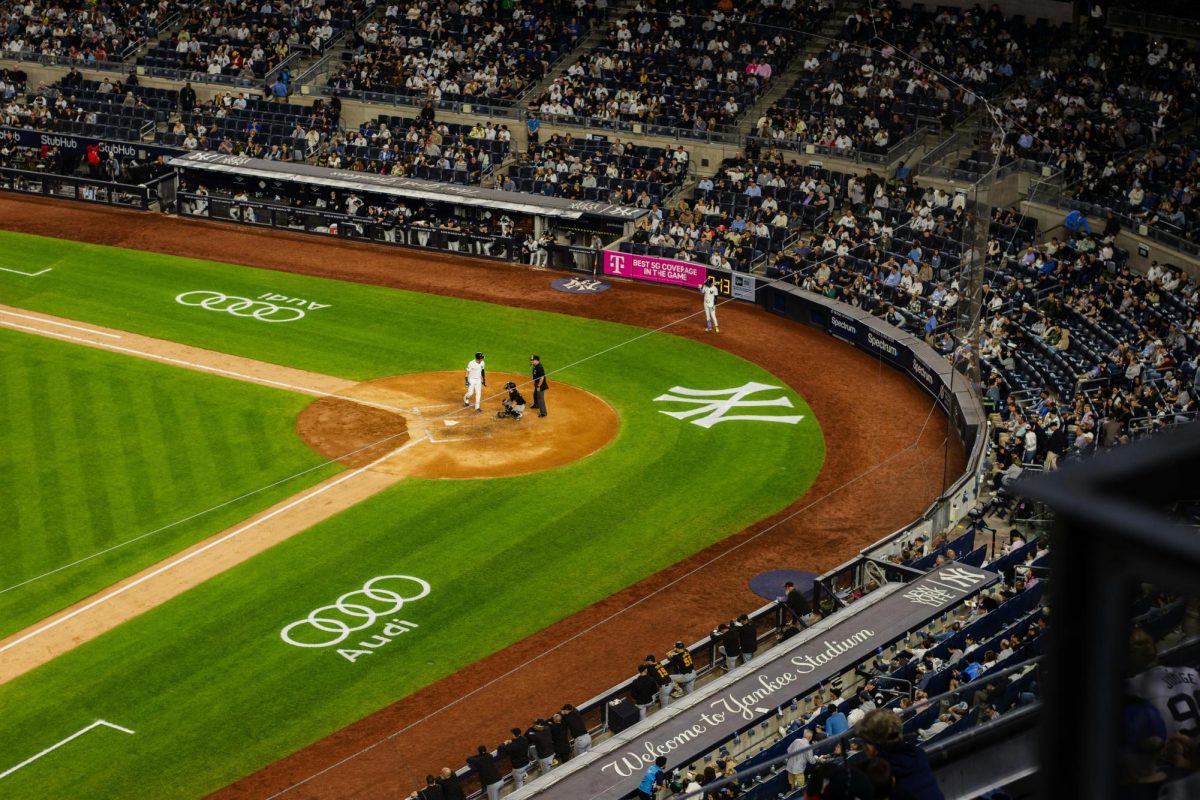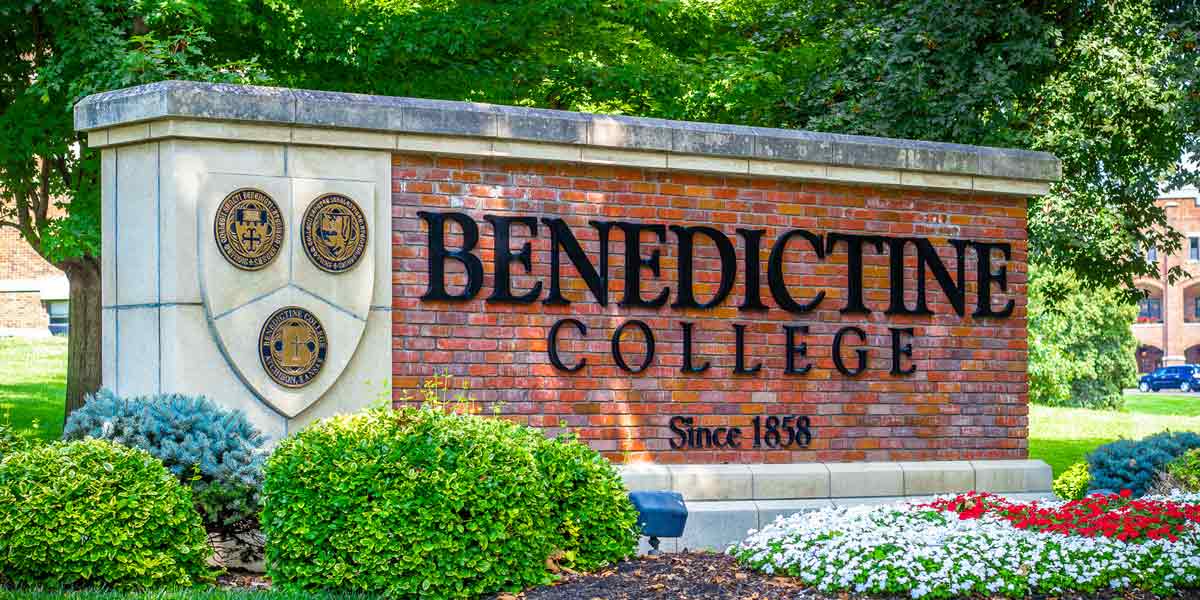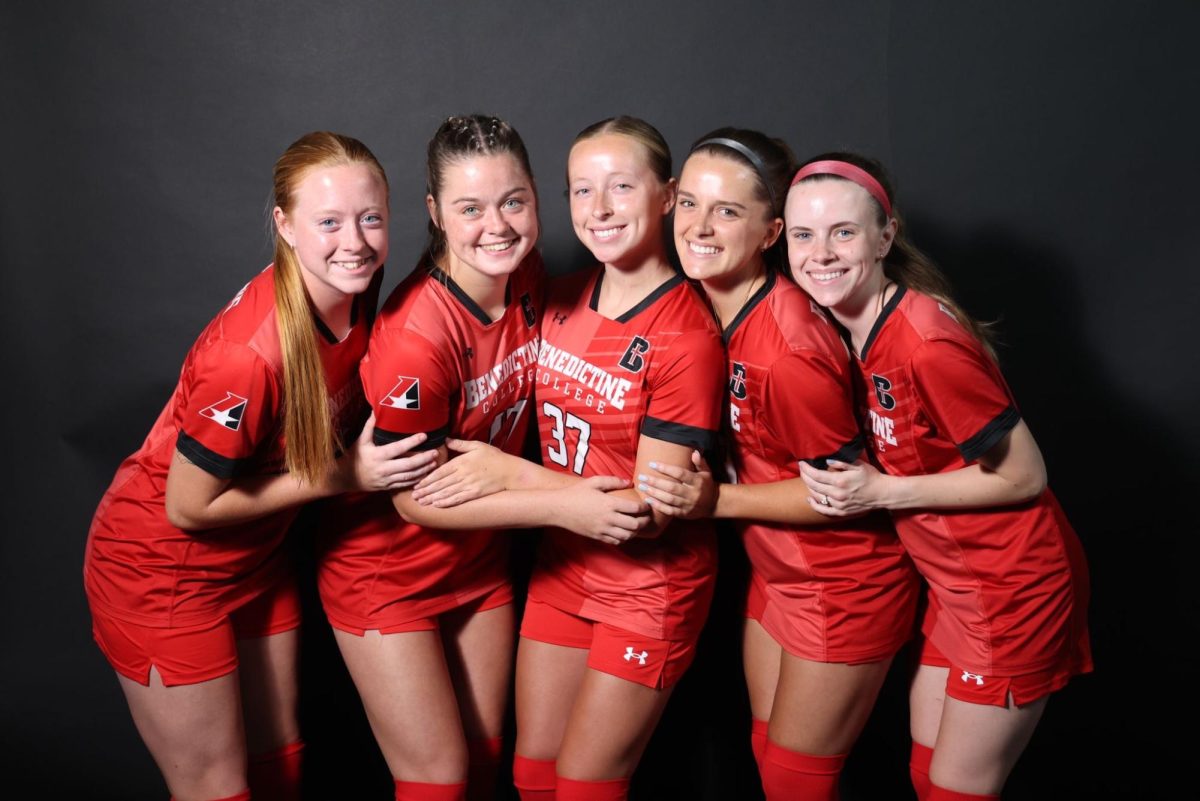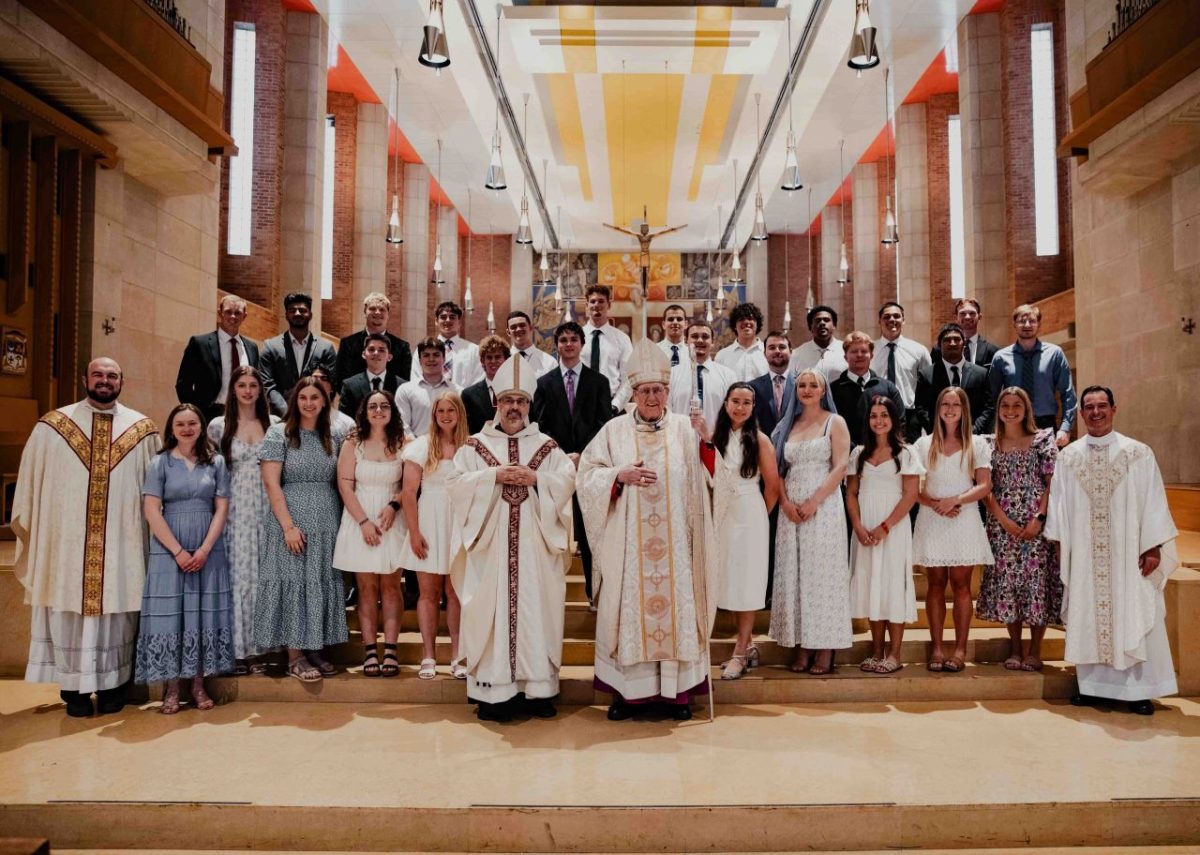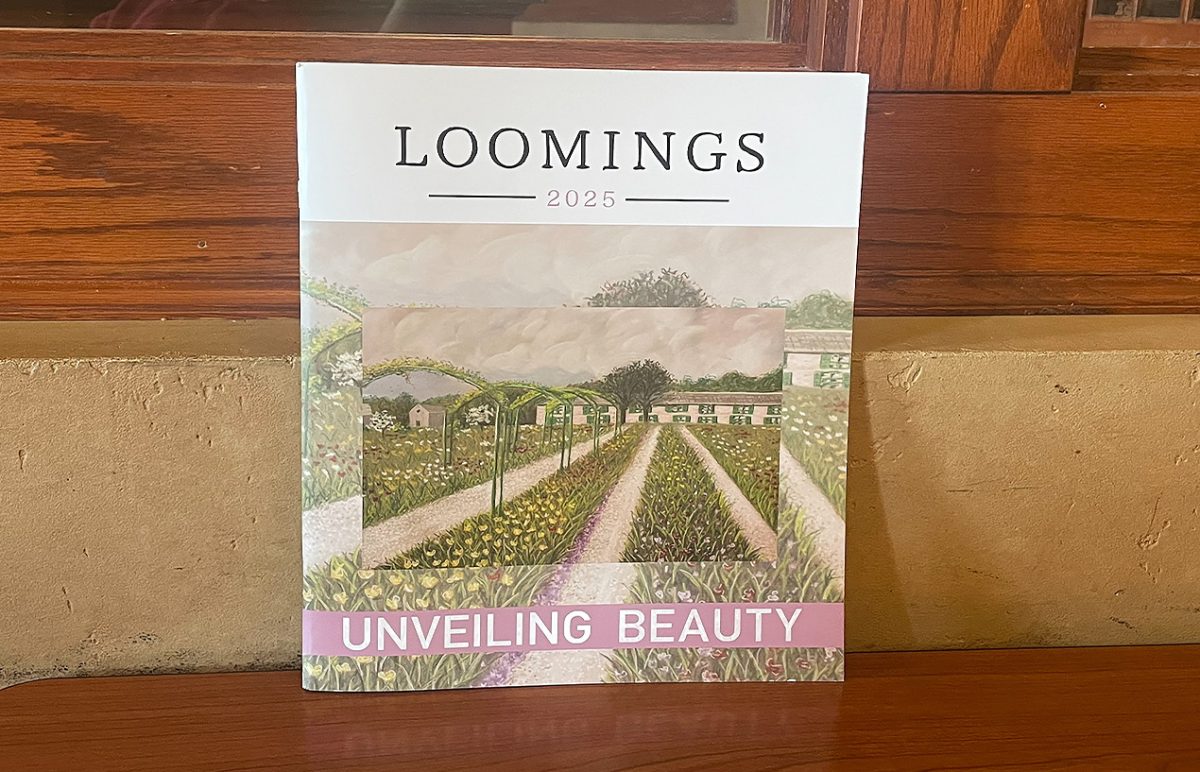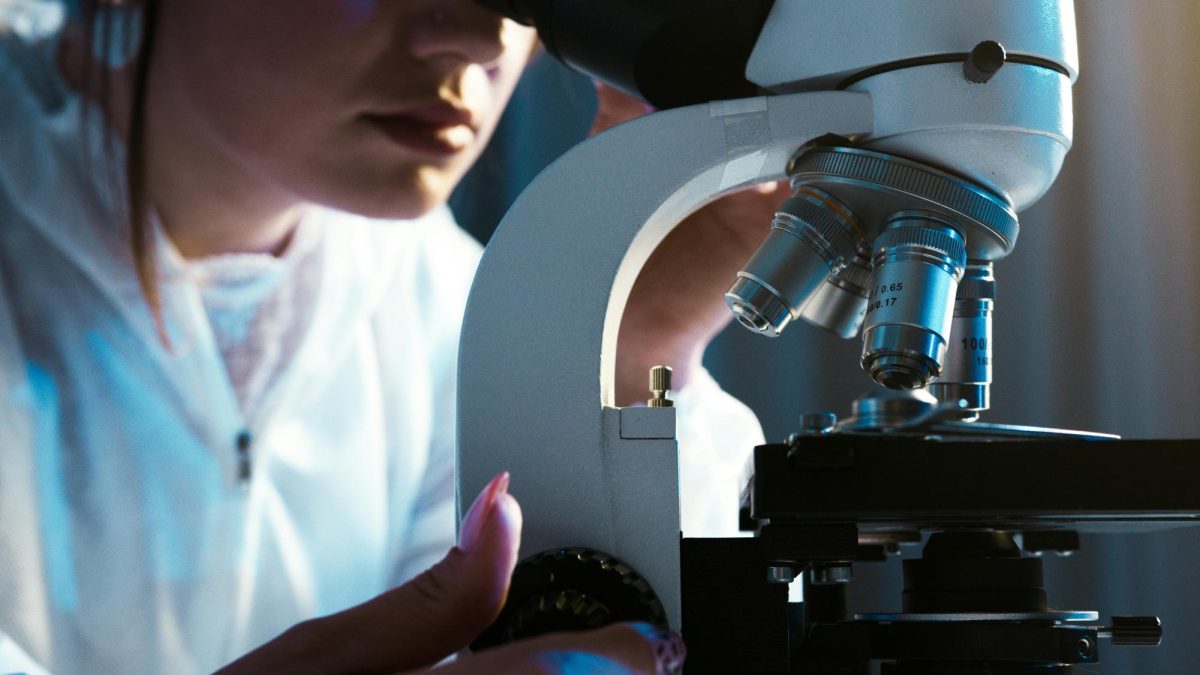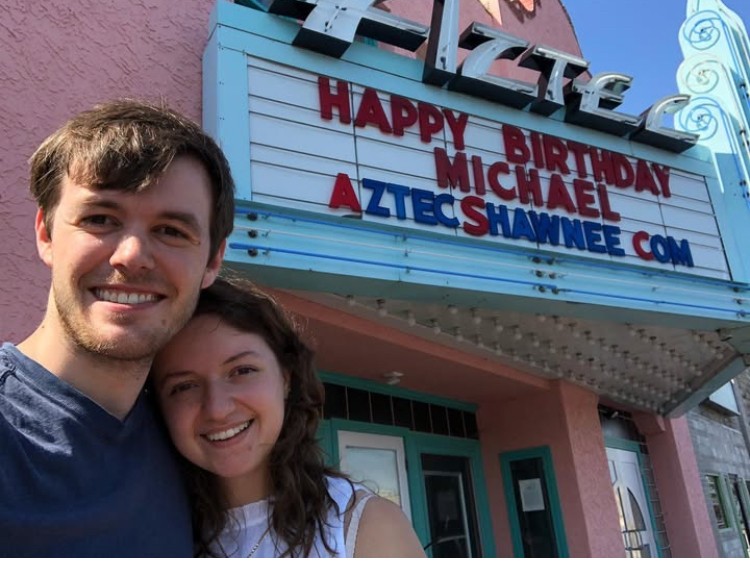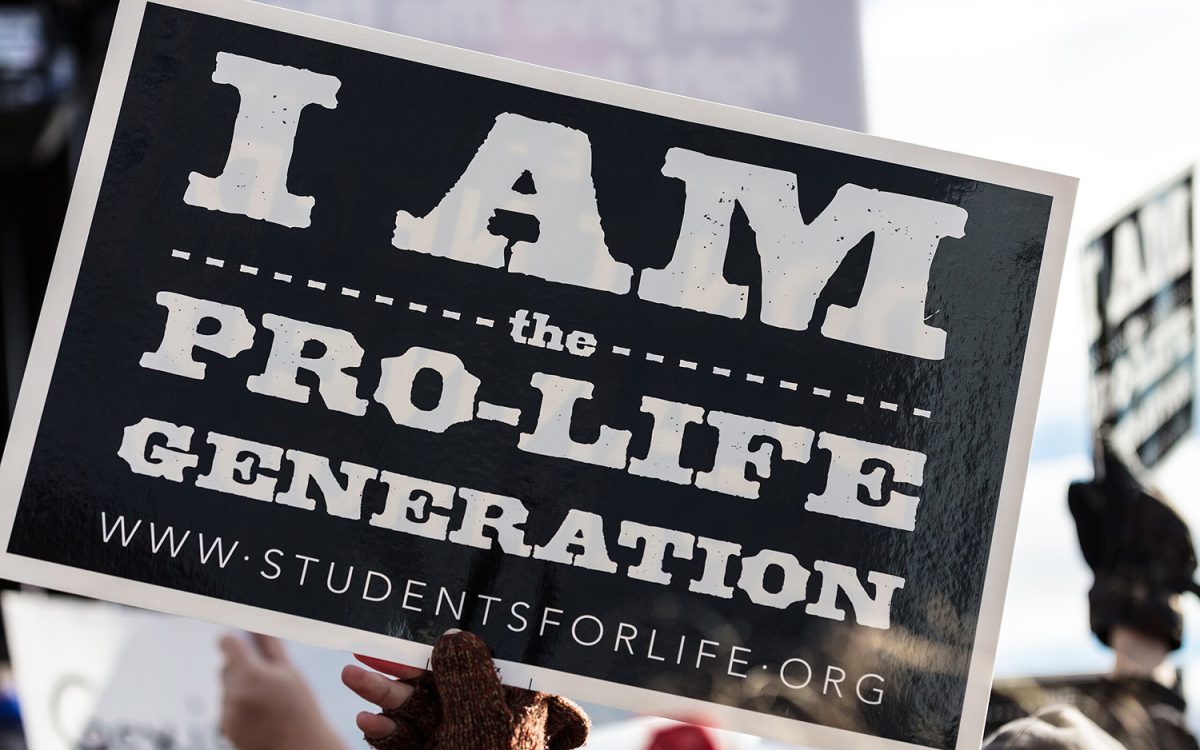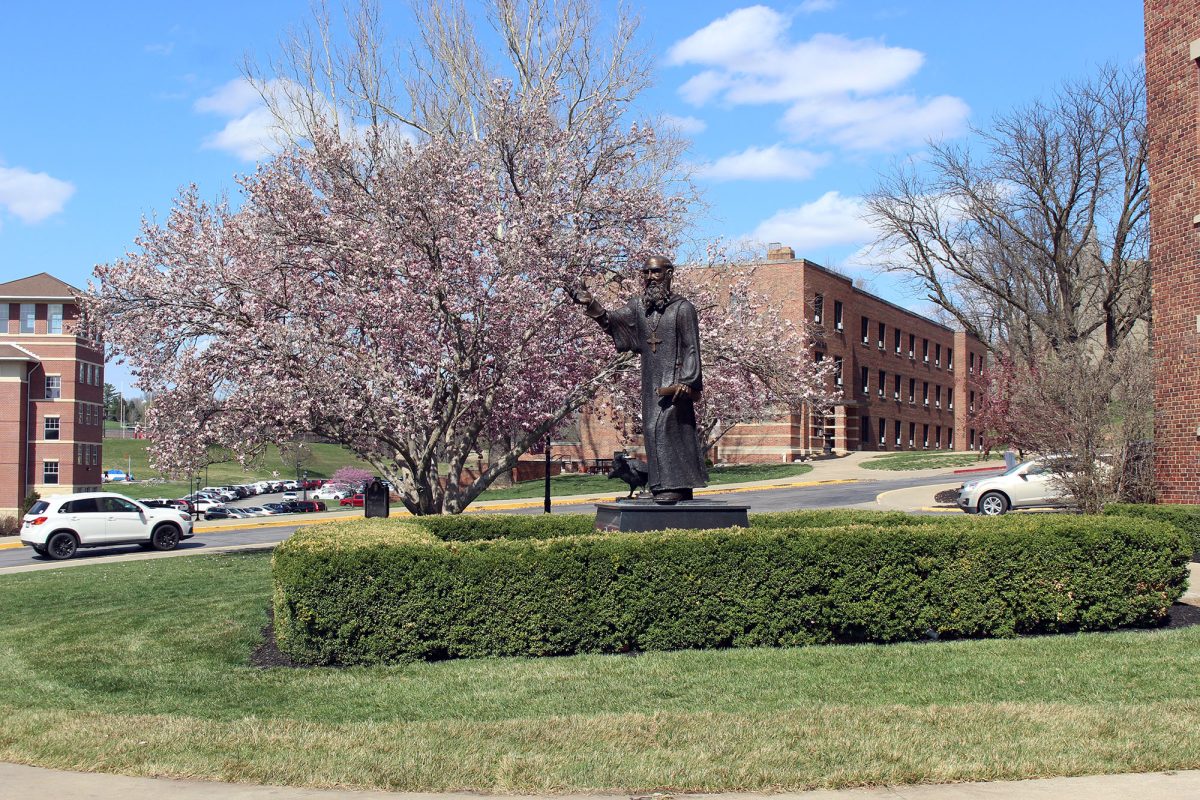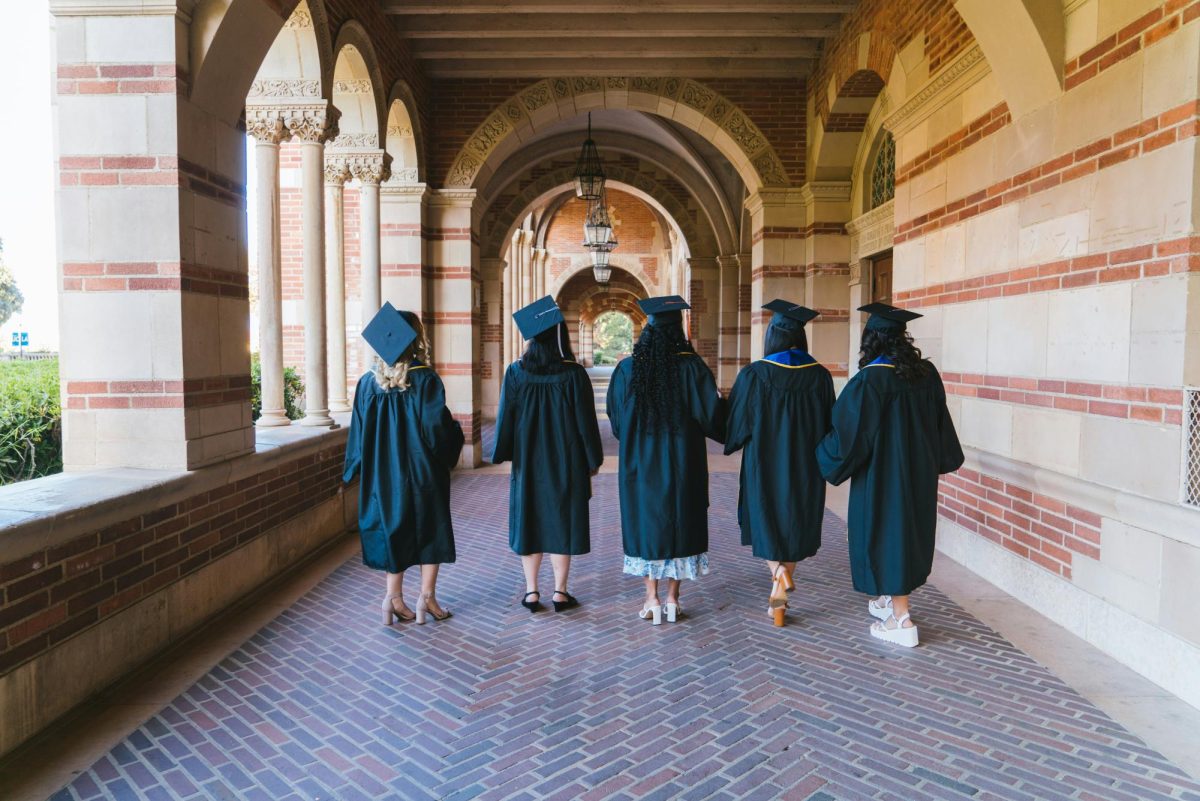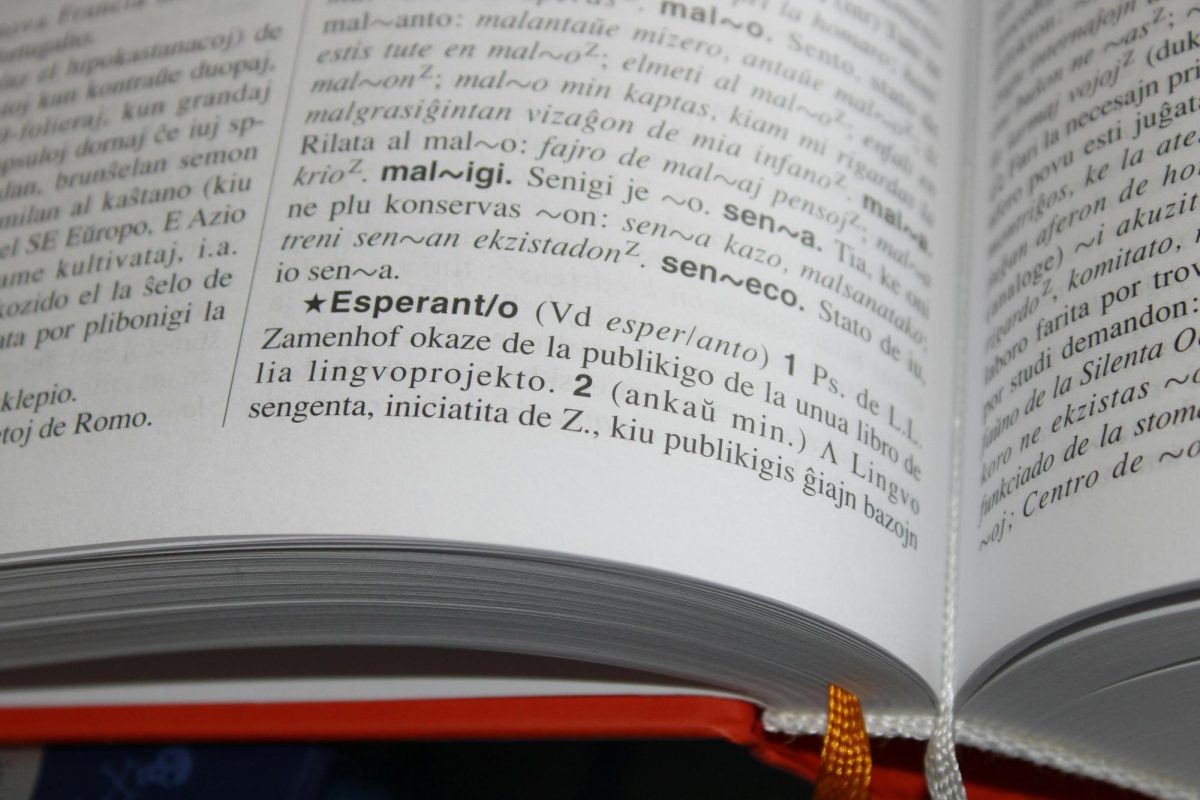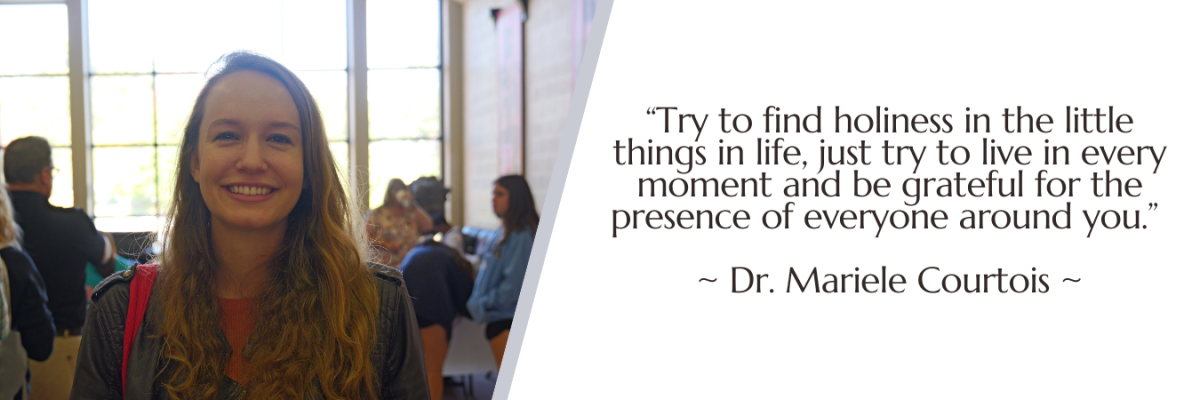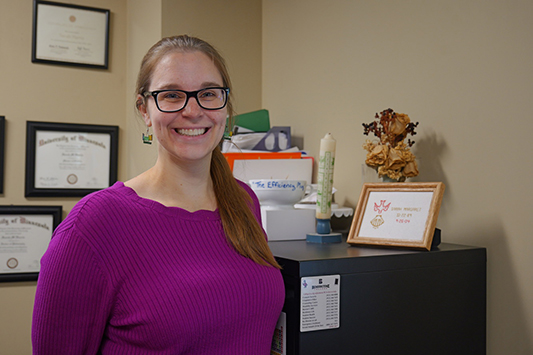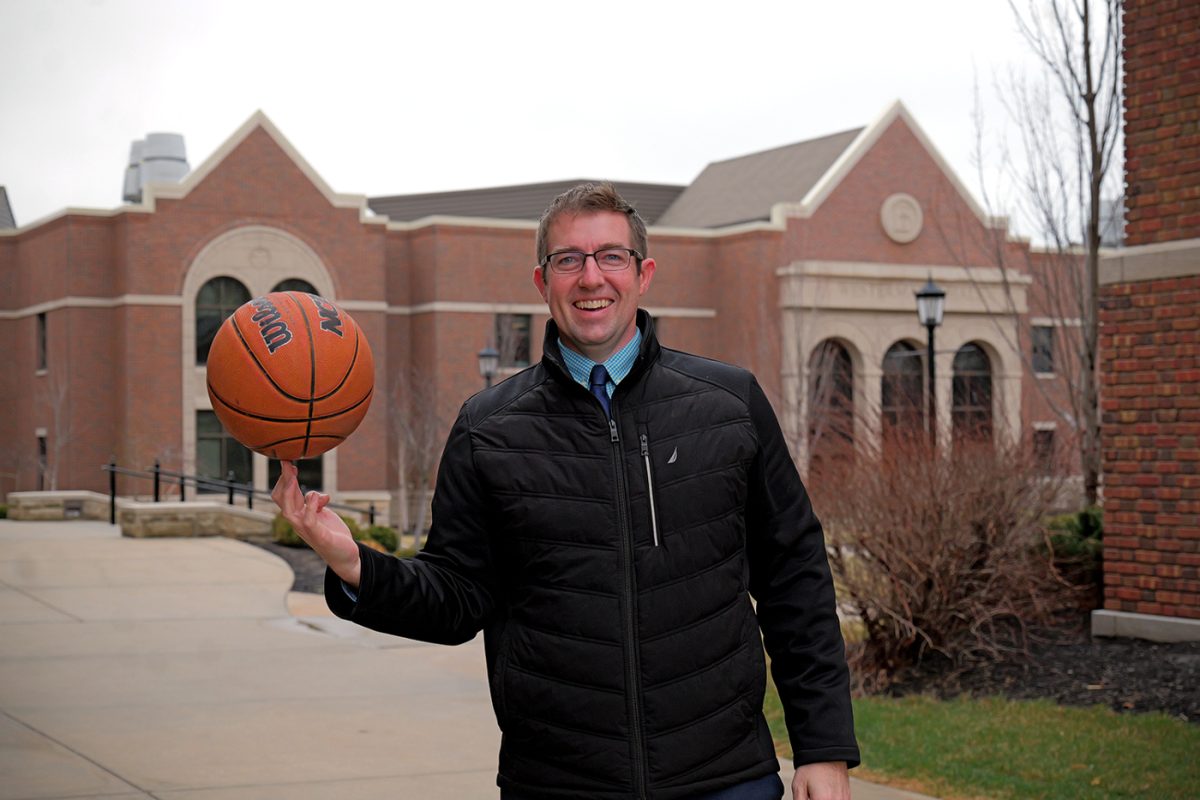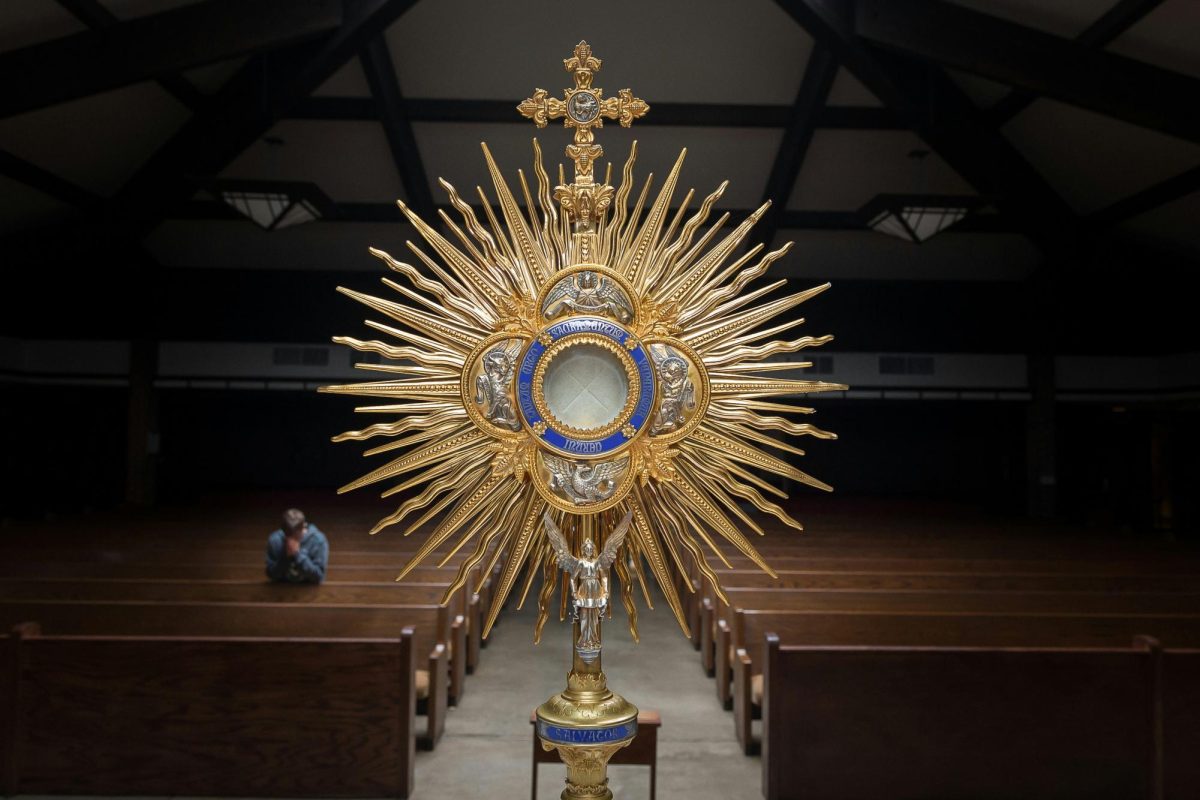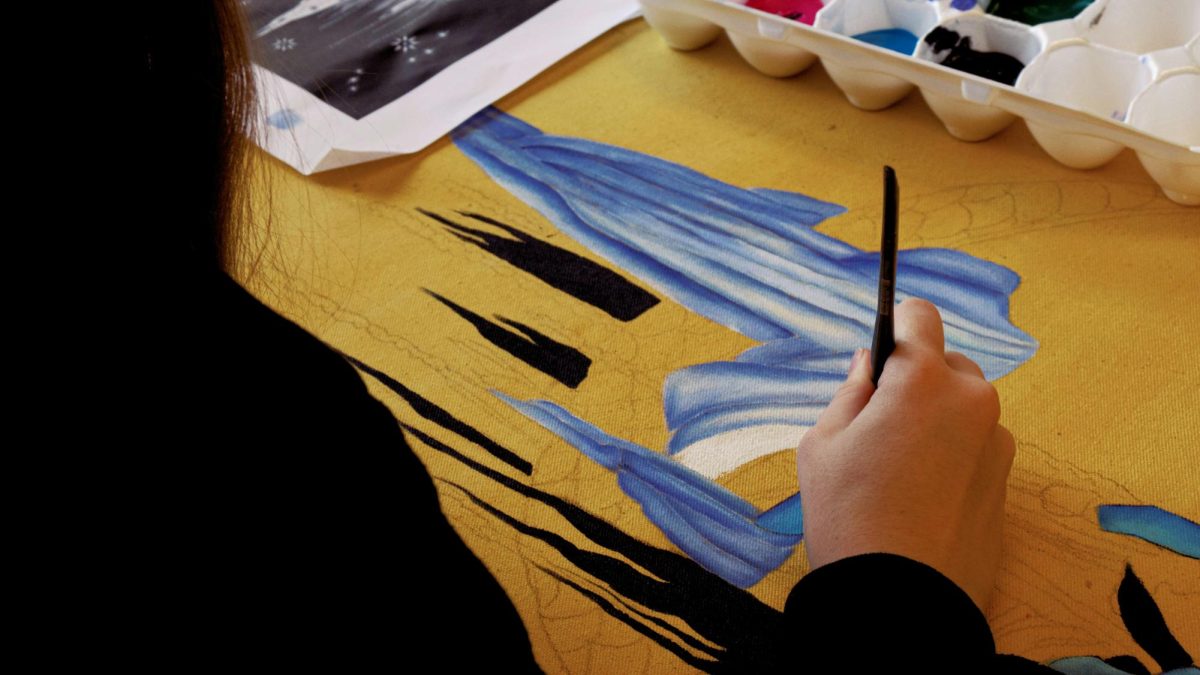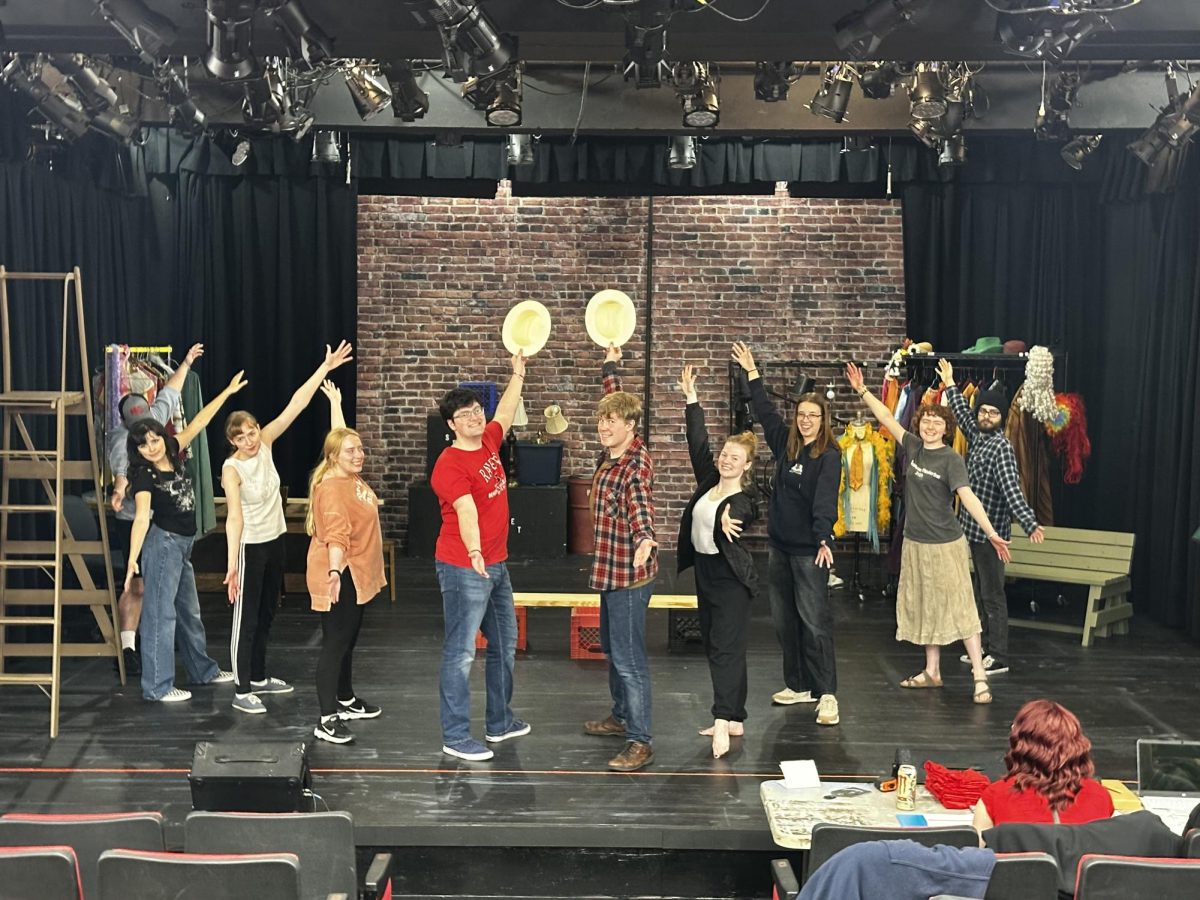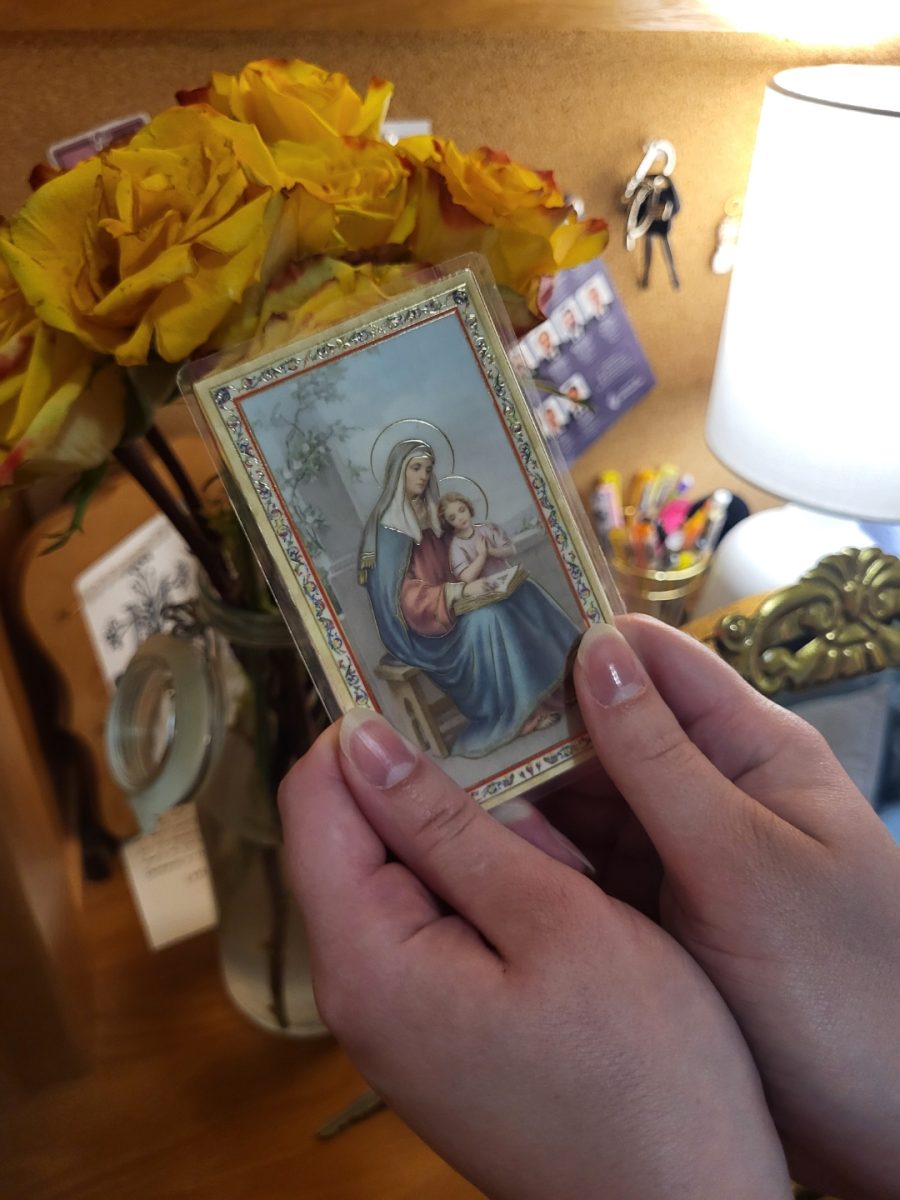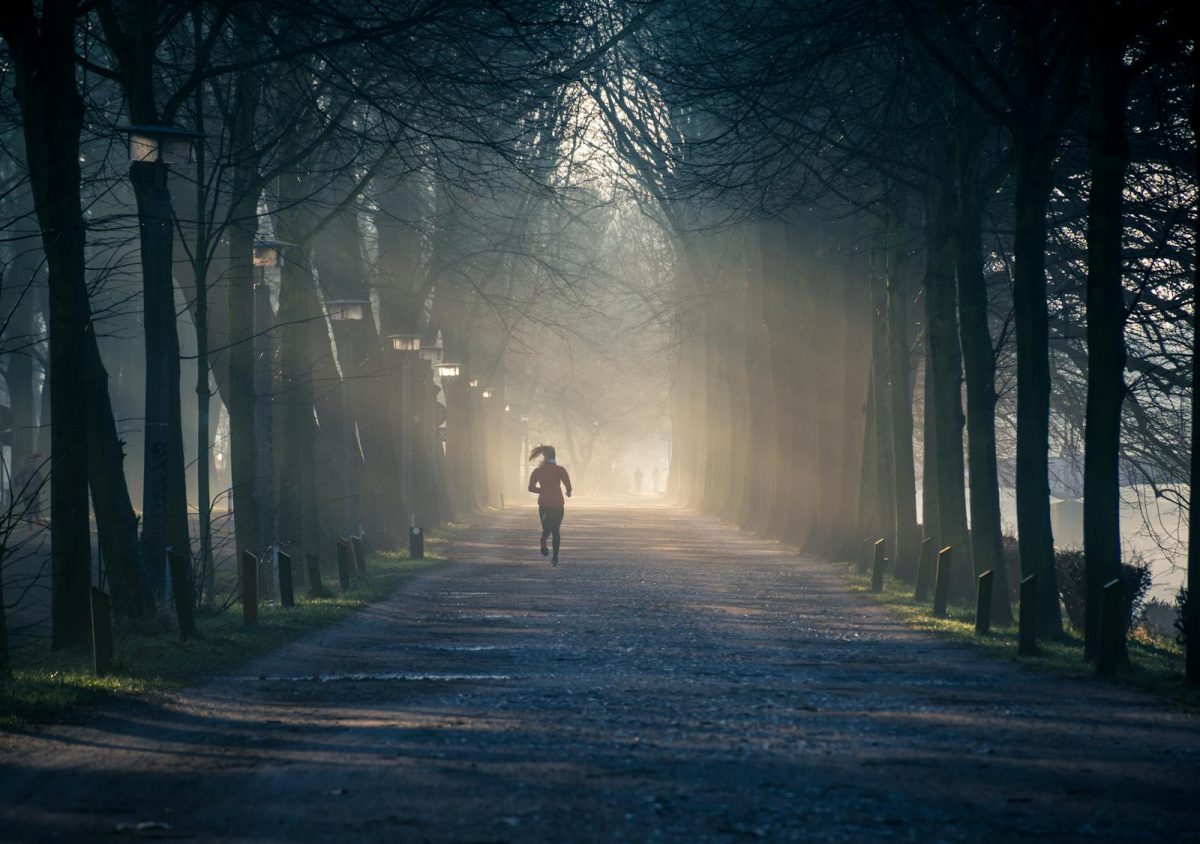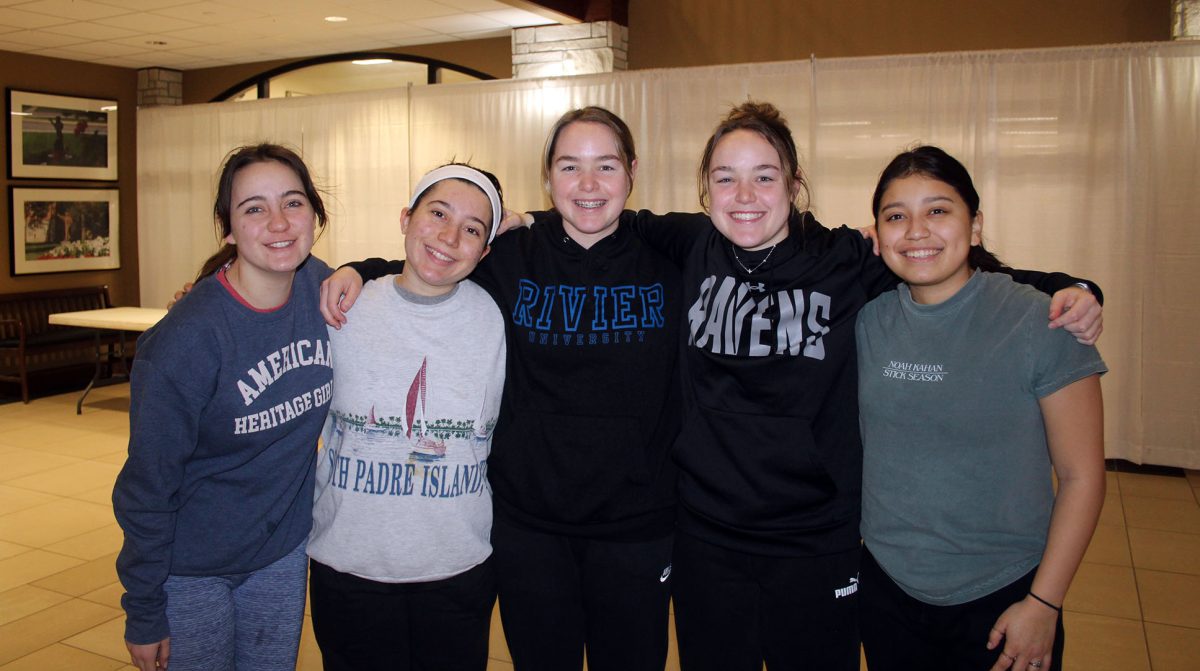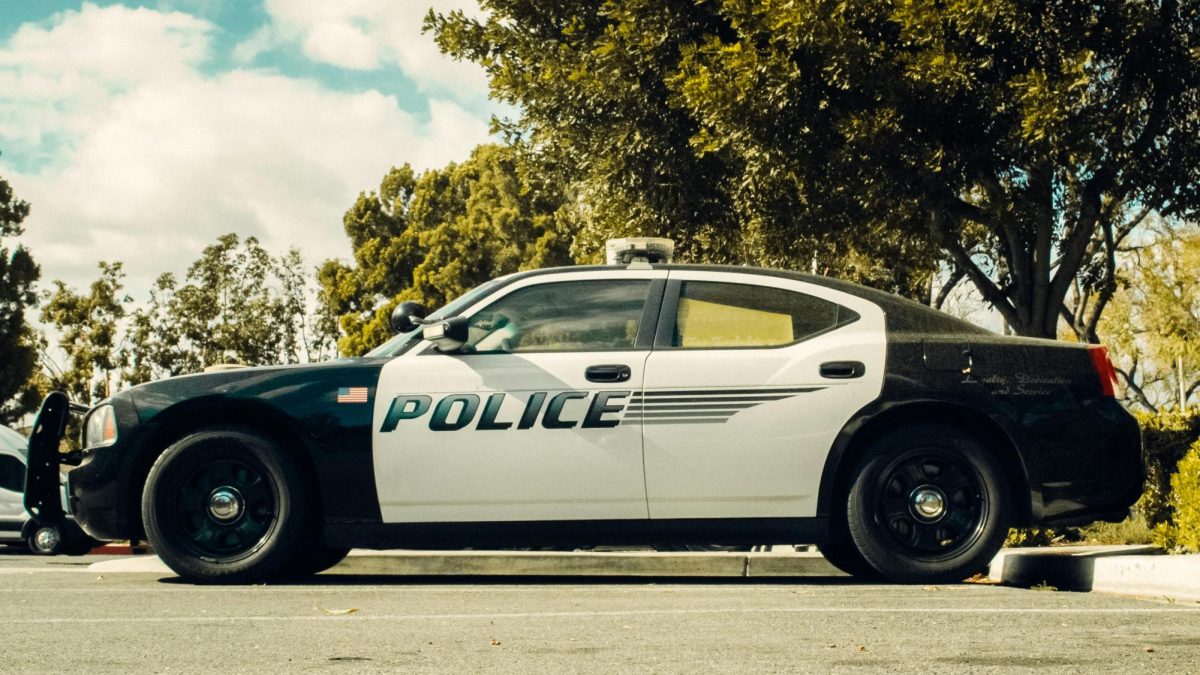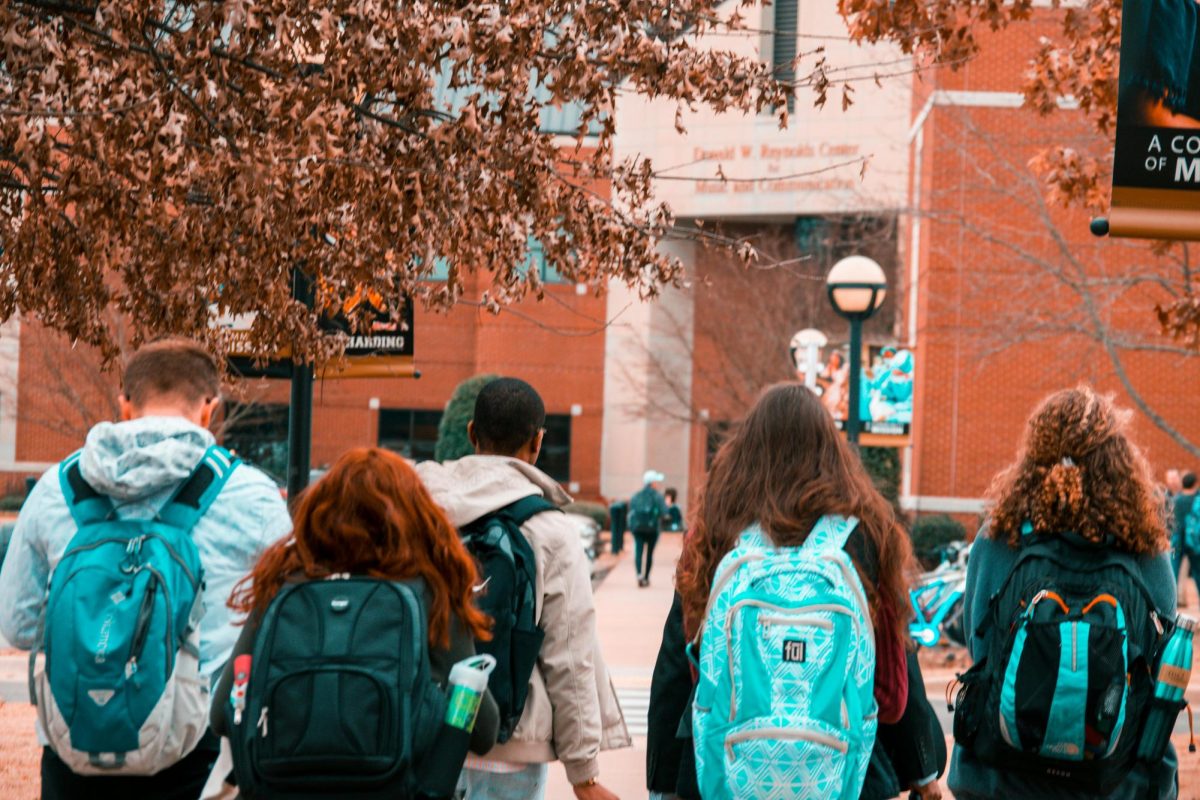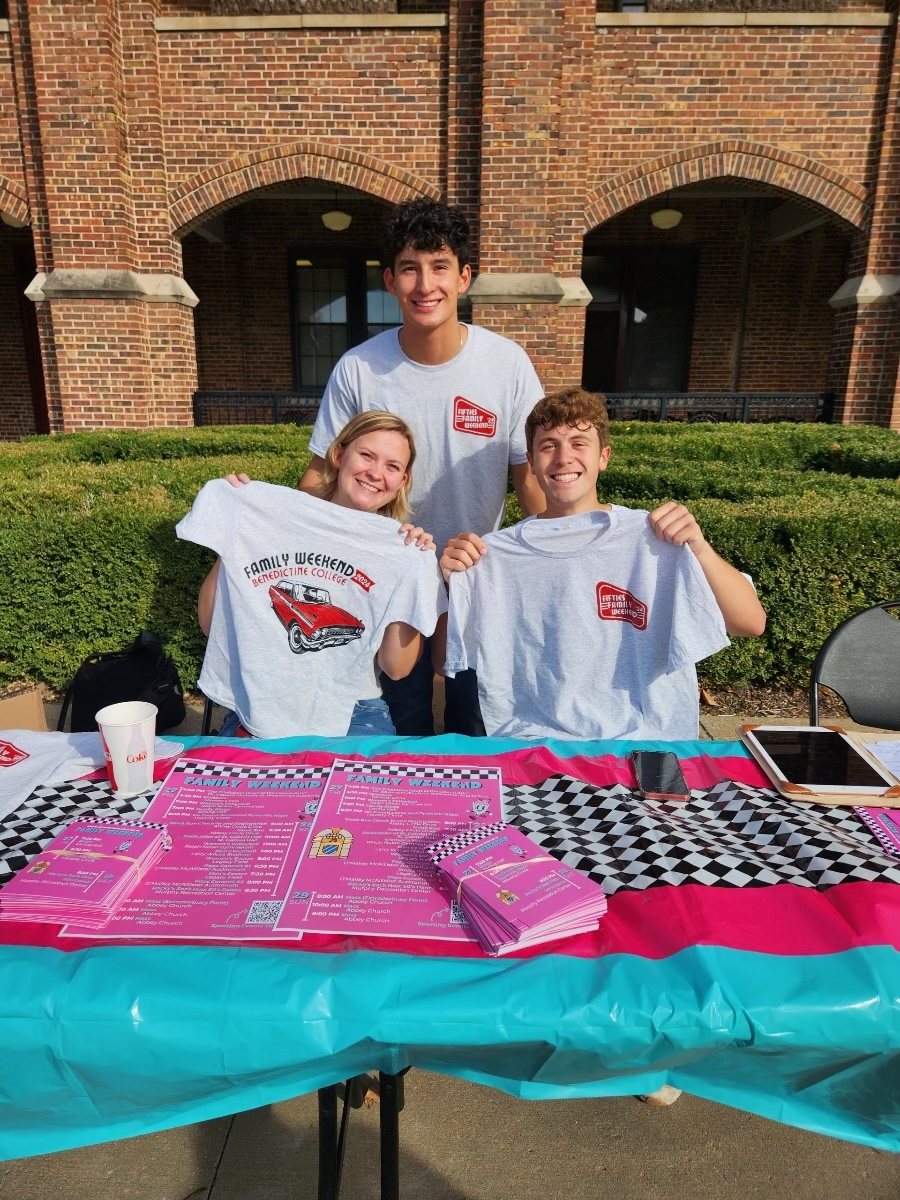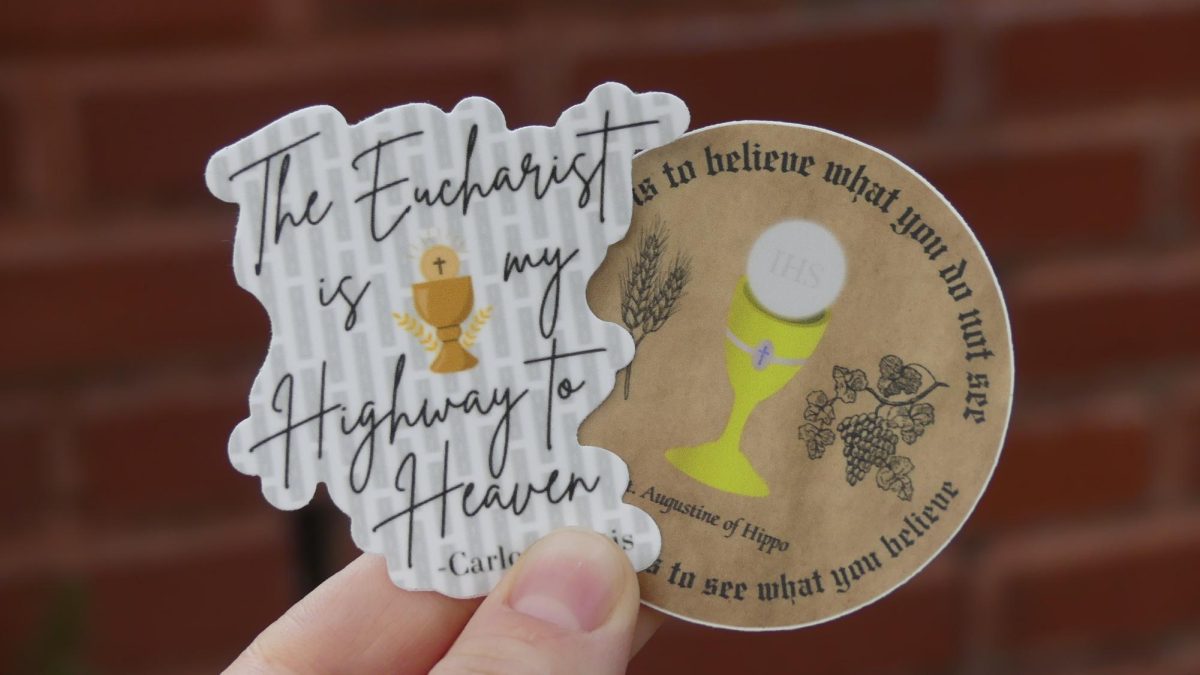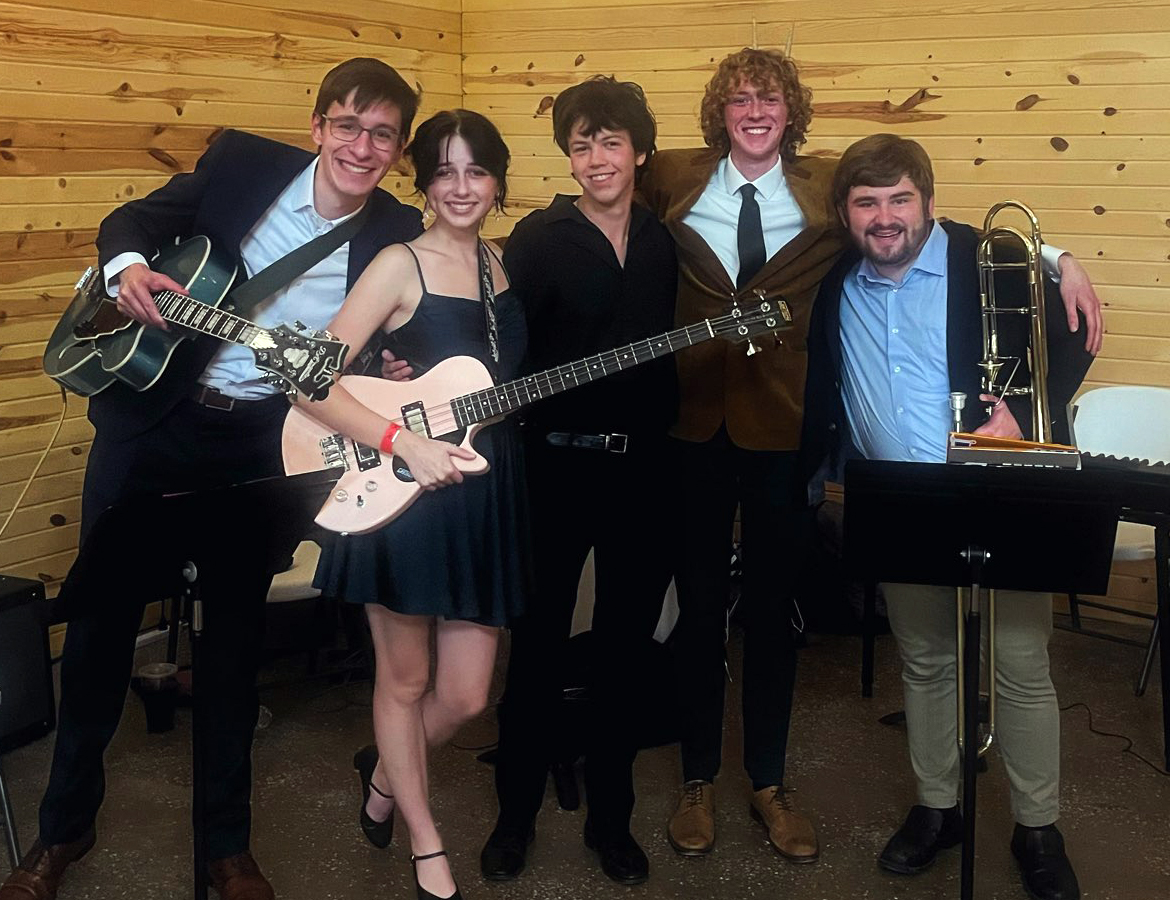Halloween
40 years after the original film, Danny McBride and David Gordon Green’s 2018 Halloween reboot/legacy-sequel wipes the slate clean, wisely ignoring the timeline of events from Halloween II to Halloween: Resurrection. Despite its many flaws, I really enjoy Green’s Halloween. While the plot is standard and the directing a step-down from John Carpenter’s, I think it excels in the aspects necessary to make a Halloween sequel work: it’s simple, atmospheric and has plenty of brutal deaths. It’s a very enjoyable and exciting horror movie, especially in a crowd setting. It’s the closest a sequel has come to recapturing the unnerving tone of the first film, thanks in large part to John Carpenter’s score. His remastering of classic tracks as well as brand new ones is nothing short of astonishing, each track bringing the appropriate, Halloween-y punch to every scene in the movie.
Michael Myers is an effectively intimidating and threatening antagonist for the first time since the original film from 1978. He feels genuinely inescapable; his violent actions are blunt and disturbing, his mannerisms and body language are perfect in the stiff way he walks and looks around, and how within seconds he shifts from motionless to agile movements is all weird and off-putting, making him feel appropriately inhuman. For decades, doctors have been attempting to figure out Michael Myers, mirroring how audiences and pop culture have been fascinated by him for almost half a century. However, life in Haddonfield has moved on, and the only person who still cares about Michael Myers, aside from medical professionals and true crime enthusiasts, is Laurie, whose entire life was derailed by the traumatic events of the 1978 film, and has consumed her entire life.
The writing is mostly just serviceable, but I think the movie does a solid job of conveying the loneliness that Laurie has suffered due to Michael’s actions and the ripple effects of generational trauma that it has caused her daughter and granddaughter. While the writers do not delve into terribly deeply, it does enough to let the viewer know that the creators have at least put thought into the backstory for the characters they are telling a story about. I particularly like how the climax of the movie is the inverse of the ending of the original Halloween, making it a great companion-piece to bookend the 1978 film. Halloween is one of the handful of legacy-sequels that I really enjoy.
Halloween Kills
Where the 2018 movie had me convinced that the franchise was finally in the hands of creators who understood what worked about the story, Halloween Kills goes back on all of it in such a blatant way that it genuinely makes me wonder what Green and McBride were even attempting to show with Halloween. The town has moved on from what Michael Myers did and Laurie is completely alone in her trauma? Nope! Suddenly, everyone in Haddonfield simply cannot stop talking about how much Michael Myers has terrorized and traumatized them all, forming a Simpsons-esque angry mob to hunt him down. Laurie must learn that Michael Myers’ attack on her was completely random and lingering on it for her whole life has led to nothing but misery for her whole family? Nope! Laurie and her family vow to keep hunting Michael Myers despite being safe from him in a hospital surrounded by cops and security, going so far as to reinforce the notion that there is some spiritual connection between the two of them. Keeping in line with the simple story and tone that the original movie established? Nope! Now there’s an extra dozen or so characters all going on separate side-quests that make the movie so all over the place that it has no sense of plot progression from beginning to end.
The town-wide scope of chaos and crowds of townsfolk being driven to madness makes the movie feel more akin to Titanic than it does a Halloween movie. I don’t blame them for trying to do something a bit more ambitious with the second installment, but it feels like a plotline that could have worked if it had been the culmination of events in the final installment of the trilogy. Here, it’s pulled off in such a clunky and self-important way that it makes the movie feel structureless, and more like a waste of time than an escalation of tension.
Where the fan-service in Halloween was mostly respectful and reserved, Kills cranks up the references in a desperate attempt to drum-up unearned nostalgic emotion. The movie digs up side-characters and actors from the 1978 movie and awkwardly crams them into the movie only to repeat their iconic lines and then be dispatched without any characterization. There is no reason for those characters to be those characters aside from an unnecessary amount of reverence for every minute detail of the 1978 movie.
Even though this movie is terrible, I would be lying if I said there was absolutely nothing redeemable about it. The movie begins with a 70s recreation scene about how Michael Myers got captured in 1978. I really like this scene, but it is the only part of the movie that feels in line with its predecessor, along with John Carpenter’s score, which is always fantastic, as well as the opening credit scene. It feels like a delightful Halloween fan-film that was stapled onto a really bad Halloween sequel. Michael Myers is still an effective villain, and there are some memorable kill sequences but there are so many of them that after the seventh of almost 30 deaths, it starts to get monotonous and boring. Aside from a handful of memorable kills and a well-done opening scene, Kills is a pretentious, repetitive, amorphous blob of a movie.
Halloween Ends
I thought that there was no way the trilogy could redeem itself after the second installment, but it turned itself around in a pretty big way. Instead of keeping with the single-night gimmick that the first two had set up, Halloween Ends takes place four years after Michael’s rampage through Haddonfield. After completing his goal at the end of Kills, Michael Myers vanished off the face of the Earth. Laurie has been living with her granddaughter, both now in a place of healing and contentment after the years of trauma. Where Laurie first embodied the negative energy and trauma that had been afflicted by Michael Myers, in Ends, that energy has creeped out and infected the entire town after the events of Kills. When Allyson, Laurie’s granddaughter, befriends Corey Cunningham, a babysitter who accidentally killed the young boy he was watching, she and Laurie attempt to help him process his trauma in a healthy way. Corey becomes more unhinged as the town rejects his attempts to reintegrate into society, and he finds a kinship with Michael Myers instead of Laurie and Allyson. The lack of Michael Myers in the final installment in the franchise is bound to annoy a lot of viewers, but it was a welcome surprise for me. After two kill-fests where a borderline comically overpowered Michael Myers butchers 40 to 50 people, a more slowly paced, moody movie where the primary antagonist is just some guy named Corey, and Michael Myers kills a total of three or four people is just what I needed to send off this trilogy and franchise overall. This was an appropriate send-off to Jamie Lee Curtis and her character, as well as a satisfying end for Michael Myers.
Overall, I really enjoy David Gordon Green’s Halloween trilogy. The mythology that Kills sets up with Michael Myers is more satisfying with the added hindsight that Ends offers. If there is one thing I can say about Ends that I was not expecting, it is that it would give me a somewhat positive new perspective on the overall purpose of Halloween Kills. While the first reboot felt like a modern update of the same story and the 2021 film an excessive extension of that movie, the pacing and style of the 2022 film is the most in line with Carpenter’s original Halloween movie. The direction Ends took worked for me to the point where I wish the entire trilogy were more like this. The longer it sits with me, the more I like it and look forward to rewatching it next October.
